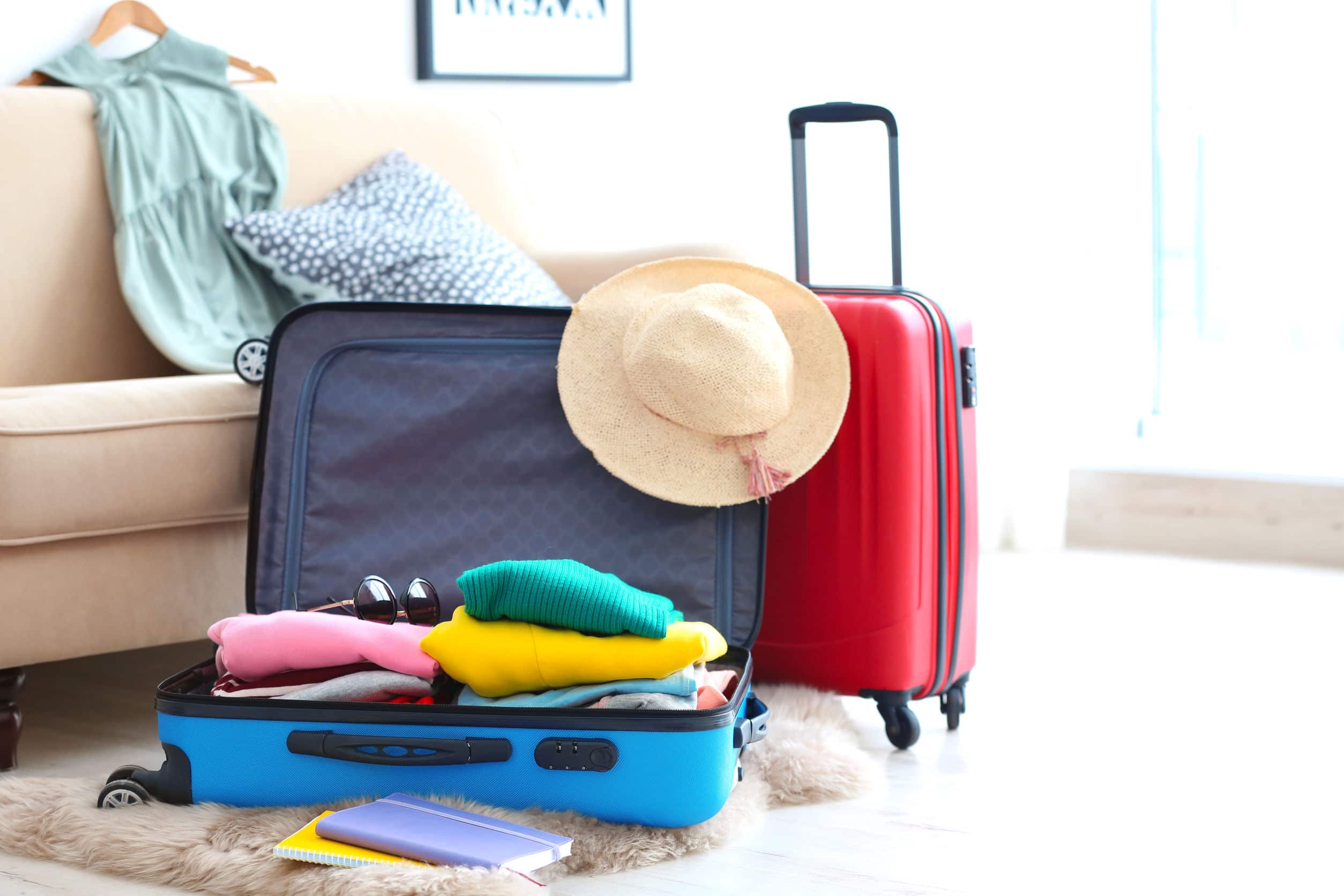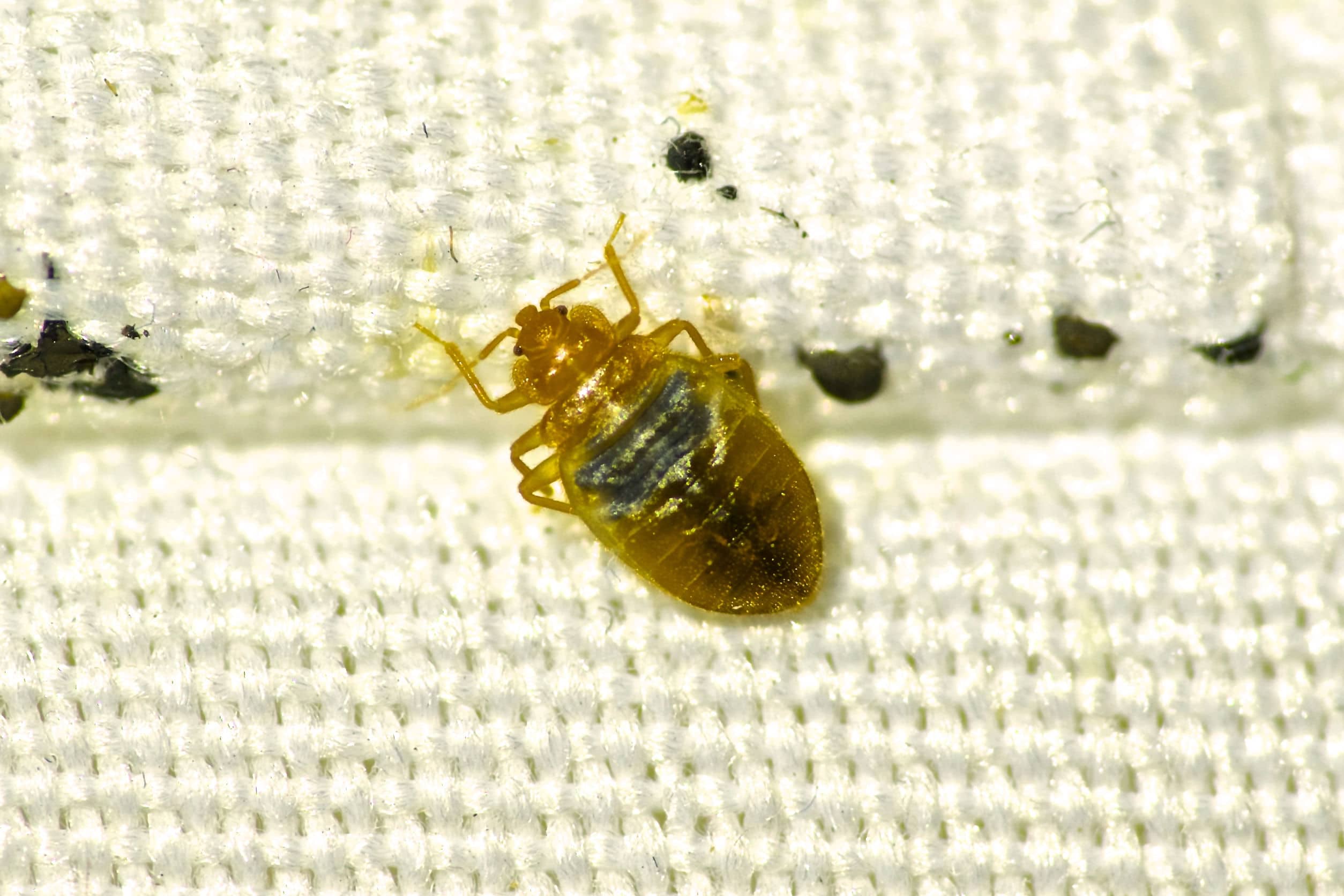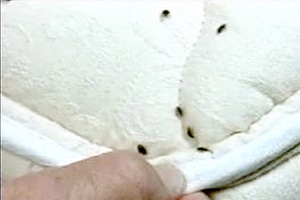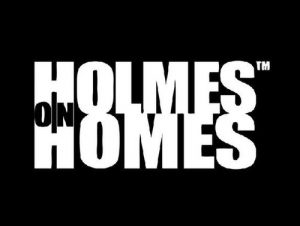Going on a Trip? Signs to look out for Bed Bugs

With lockdowns worldwide easing up, one of the first things that many people are planning on doing is traveling. For some, this means traveling a few towns over or making a short road trip. For others, this may mean hopping on a plane and crossing borders. While travelling, what signs to look for when staying at a hotel, to ensure you don’t bring bed bugs home with you or Contact GreenLeaf Pest Control experts for bed bug removal.
One thing is certain, regardless of where you travel, you should be on the lookout for bed bugs. Even with slower travel over the past few months, these nasty creatures have still found their way into hotels and travel lodges throughout the country.
We’re going to cover exactly what bed bugs are and why they can travel so easily from a hotel to your home. We’ll also cover what signs to look out for and how you can tell if you’re seeing a bed bug or some other type of pest.
What Exactly Are Bed Bugs?

Remember the old expression “good night, sleep tight, don’t let the bed bugs bite”? It’s not just a cute thing parents say to kids. Bed bugs are nocturnal creatures that feed on human blood and like to hide in dark spaces, such as in beds between mattresses.
Bed Bugs can commonly be identified by their brown or mahogany-colored bodies. These are normally small insects with six legs and antennae. They are usually around ¼ of an inch long and generally have a flat body when they are unfed, but become engorged after eating. To be clear, that’s typically after feeding on human blood by biting us while we sleep.
How Can You Spot Bed Bug Removal?

The first thing to know is that despite their name, bed bugs don’t just hang out under the sheets. They can be found in bed frames, between mattresses and walls, underneath and around the folds in mattresses, and in other similar locations.
That’s not the only place though. You may also find these pests in locations such as between sofa cushions, in carpets around the threads, and in other areas where they are likely to find sedentary human hosts.
One of the first things you should do when checking into your hotel room is to look for bed bugs. Start out by checking for the most obvious signs. These include brown flakes that are remnants of the bugs and blood spots present on the bed sheets from where the bugs have fed.
Make sure you are also checking the other places mentioned that bed bugs like to hide. Anywhere in the hotel room that they might be able to hide is a place you should look. If you find any signs that bed bugs are present, it should be cause for concern.
How Do Bed Bugs Spread?

Thankfully, there are no diseases or other major concerns from bed bugs. The real problem is that these creatures can spread quickly and become an infestation wherever they go. They do this by getting into people’s luggage and clothes.
Once these creatures are in your bags or clothes, they go where you go. They can get into cars and into the bed of the next place you sleep. They can get into offices and schools and even your own home. That’s how they spread so easily, and why they are one of the biggest problems that hotels face every year.
Once these creatures have taken hold in an area, the only way to get rid of them is through professional treatment for bed bug removal. While there are store-bought treatments that you can buy, these are questionable in their effectiveness. The area these pests spread to must be treated quickly and entirely or to keep them from spreading further and to more locations.
ABOUT THE AUTHOR

















You must be logged in to post a comment.